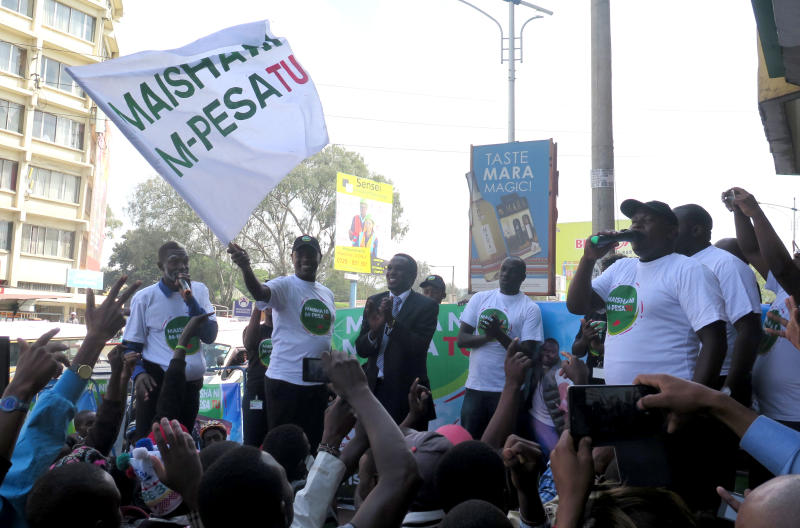×
The Standard e-Paper
Kenya’s Boldest Voice

Men fear holding their earnings on M-Pesa because the money is easily spent on harambees, attending to emergency needs of relatives and spending on friends and relatives.
However, unlike men who have a love-hate relationship with mobile money, women see cash transfers to other women as a way to show affection and care.